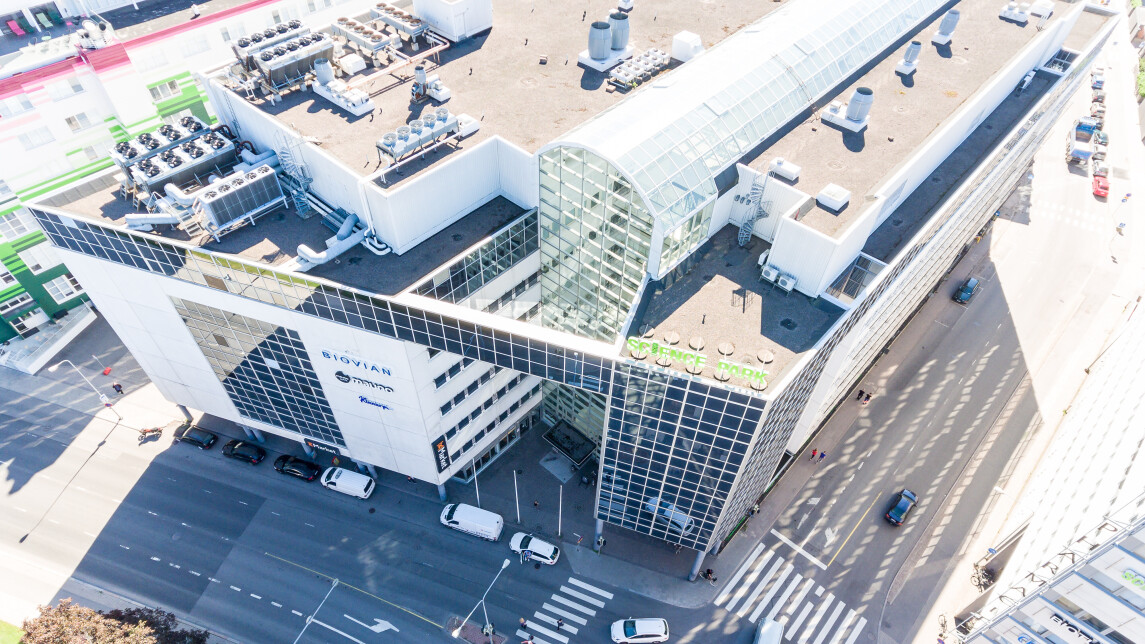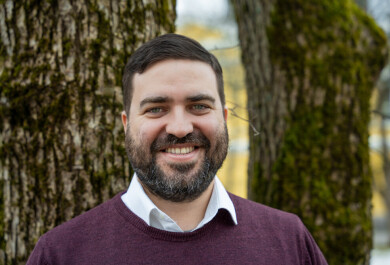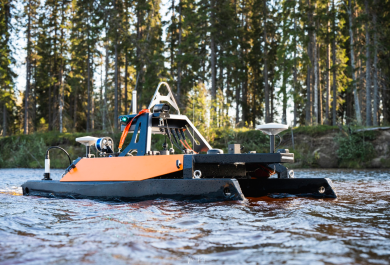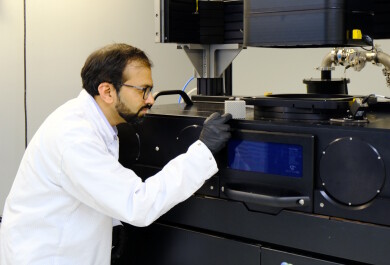In the international RE-IMAGINE-CROPS project, researchers are preparing a pioneering real-time in-field imaging technology that provides insights into crop plant responses to nitrogen fertilizers. The aim is to create significant improvements in sustainable agriculture in Europe and globally.
The University of Turku, Finland, is participating in a project led by the bioimaging research infrastructure Euro-BioImaging Finland, which has been awarded €2,999,500 in Horizon Europe funding by the European Commission. The share of the University of Turku of the funding is €336,000.
“As global food demand continues to rise, there is an urgent need for sustainable agricultural practices that optimise resource use and minimise environmental impact. Traditional methods of nitrogen fertilizer application often lead to overuse. This results in harmful nitrogen dispersion, ecological degradation, and economic losses," says Rafael Diaz from Euro-BioImaging, who coordinates the project.
According to the researchers, current technologies lack the precision to modulate fertilizer application effectively. The research consortium addresses this challenge by developing a portable, multimodal imaging system that combines positron emission tomography (PET) and multiphoton endoscopy (ME).
“This innovative technology will enable real-time, in-field analysis of crop metabolic processes at the cellular level. Our methods provide unprecedented insights into crop plant responses to nitrogen fertilizers and other inputs. In the University of Turku we will specifically be developing and validating novel PET tracers in the lab of Professor Anu Airaksinen to achieve this goal,” says Academy Research Fellow, Docent Alex Dickens, who leads the project at the University of Turku.
Researchers are developing a method to measure metabolic processes in crops at a scale of hundreds of micrometres. This also makes it possible to observe functional mechanisms at the cellular level.
The nitrogen fertilizer application is tailored by monitoring crop signal pathways activated shortly after fertilizer application. The method allows the dosage of nitrogen fertiliser to be adjusted to the needs of the crops.
“We expect this approach to reduce ecological and economic losses associated with improper fertilizer use and to promote sustainable agricultural practices," says Dickens.
In addition to Euro-BioImaging and the University of Turku, the research consortium includes Maastricht University, University of Teramo, the French National Centre for Scientific Research, the Austrian research centre for visual computing VRVis, and companies BF Educational and Lightcore Technologies.
For more information, please contact:
Rafael Diaz, Project Coordinator, Euro-BioImaging, tel. +358 40 189 1202, rafael.diaz@eurobioimaging.eu
Alex Dickens, Docent, Academy Research Fellow, University of Turku, tel. +358 40 0285575, alex.dickens@utu.fi
The RE-IMAGINE-CROPS project has received funding from the European Union’s Horizon Europe programme under grant agreement ID 101187260. Views and opinions expressed are, however, those of the author(s) only and do not necessarily reflect those of the European Union or the European Research Council Executive Agency. Neither the European Union nor the granting authority can be held responsible for them.




